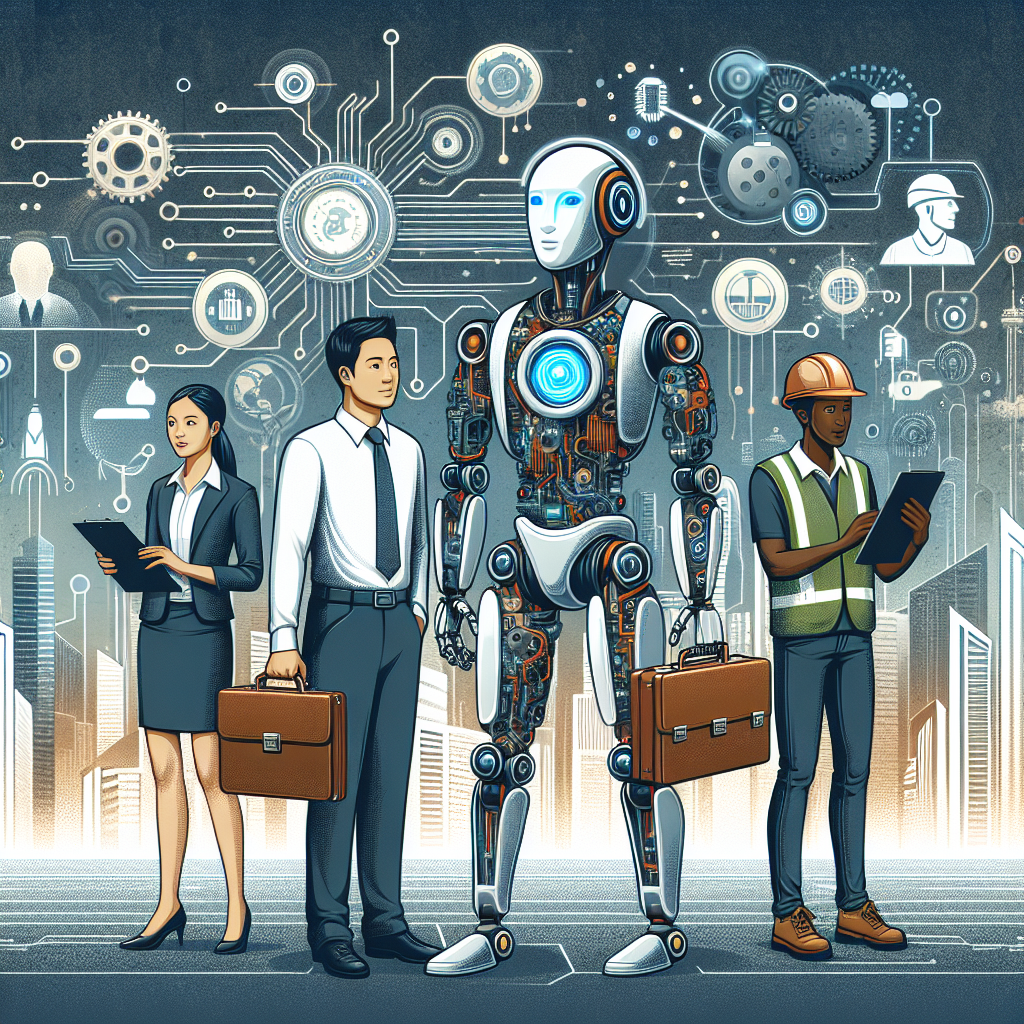Artificial General Intelligence (AGI) is a concept that has captivated the minds of scientists, technologists, and futurists for decades. AGI refers to a level of artificial intelligence that can understand, learn, and apply knowledge in a way that is indistinguishable from human intelligence. While we have made significant strides in developing narrow AI systems that can perform specific tasks, such as playing chess or recognizing speech, the creation of AGI remains a distant goal.
The potential implications of AGI on the future of work are profound. Some experts predict that AGI could lead to a revolution in the workplace, with robots and AI systems taking over many tasks currently performed by humans. This raises the question: will robots replace humans in the workforce?
In this article, we will explore the potential impact of AGI on the future of work, examining both the opportunities and challenges it presents. We will also address some frequently asked questions about AGI and its implications for the workplace.
The Impact of AGI on the Future of Work
The development of AGI has the potential to revolutionize the way we work. AI systems with human-level intelligence could automate a wide range of tasks, from manual labor to knowledge work. This could lead to increased efficiency, productivity, and innovation in many industries.
However, the widespread adoption of AGI also raises concerns about the displacement of human workers. If robots and AI systems can perform tasks more efficiently and cost-effectively than humans, many jobs could be at risk of automation. This could lead to widespread unemployment and economic disruption.
Some experts argue that AGI will create new opportunities for human workers, enabling them to focus on more creative and strategic tasks while leaving routine and repetitive work to machines. This could lead to a more fulfilling and productive work environment for many people.
Ultimately, the impact of AGI on the future of work will depend on how society chooses to implement and regulate this technology. It is important for policymakers, businesses, and individuals to consider the ethical, social, and economic implications of AGI and work together to ensure that the benefits of this technology are shared equitably.
Frequently Asked Questions about AGI and the Future of Work
Q: Will robots replace humans in the workforce?
A: While robots and AI systems have the potential to automate many tasks currently performed by humans, it is unlikely that they will completely replace human workers. Instead, AGI is more likely to augment human intelligence and enable workers to focus on more complex and strategic tasks.
Q: What industries are most likely to be affected by the rise of AGI?
A: Industries that rely on routine and repetitive tasks, such as manufacturing, transportation, and customer service, are most likely to be affected by the rise of AGI. However, AGI could also have a significant impact on knowledge work, such as finance, healthcare, and legal services.
Q: How can workers prepare for the impact of AGI on the workforce?
A: Workers can prepare for the impact of AGI on the workforce by developing skills that are difficult for machines to replicate, such as creativity, emotional intelligence, and critical thinking. Lifelong learning and adaptability will be key to thriving in a future where AGI plays a larger role in the workplace.
Q: What role should policymakers play in regulating AGI in the workforce?
A: Policymakers have an important role to play in regulating the development and deployment of AGI in the workforce. They should ensure that AGI is used ethically and responsibly, and that the benefits of this technology are shared equitably among workers and society as a whole.
In conclusion, the rise of AGI has the potential to revolutionize the way we work, with robots and AI systems taking on many tasks currently performed by humans. While this technology presents both opportunities and challenges, it is important for society to work together to ensure that the benefits of AGI are shared equitably and that workers are prepared for the changes it will bring. By taking a proactive and collaborative approach to the development of AGI, we can create a future of work that is both productive and fulfilling for all.

